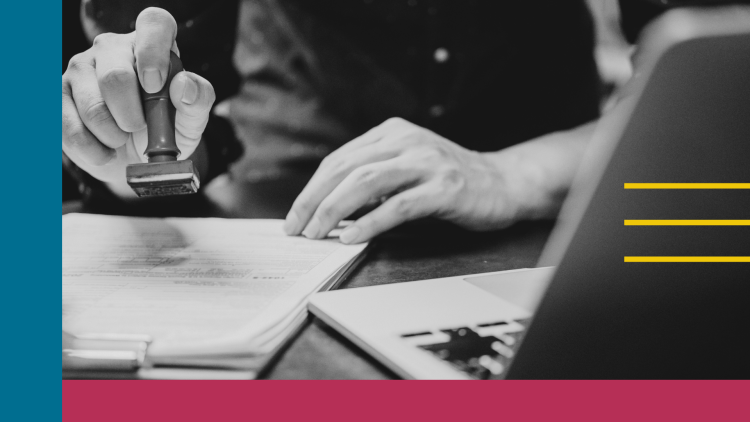
To help civil society respond faster and more effectively to wartime needs, Ukraine’s Parliament has adopted tax reforms that expand financial flexibility for non-profits, charities and volunteers.
The Draft Laws No. 12266 and 12267, passed on 17 December 2024, introduce critical exemptions:
- allowing non-profit organisations to pay staff up to 5% of annual income without losing their status,
- permitting unrestricted spending on humanitarian aid and recovery, and
- exempting charitable donations from personal income tax.
The laws also extend VAT and customs duty relief for importing drones and related components essential to defence.
Together, these measures aim to reinforce civil society’s frontline role in Ukraine’s wartime resilience and reconstruction efforts.
CSOs will be permitted to provide limited financial compensation to employees, up to 5% of annual income, as long as the payments are clearly tied to the organisation’s statutory goals.
It also confirms that, during martial or emergency law, CSOs may allocate funds for recovery and humanitarian efforts without risking their legal status. Furthermore, it proposes VAT and customs duty exemptions on the import of unmanned aerial systems and components, easing the supply of critical defence technologies. Importantly, charitable donations collected publicly by individuals on behalf of charities would also be exempt from personal income tax, provided they follow the legal framework for charitable activities.
These changes could considerably improve operational flexibility for CSOs, allowing them to respond more rapidly to the urgent needs of communities and the military. By legally clarifying how and when funds can be used without jeopardising tax-exempt status, the draft law strengthens the resilience and legal certainty of Ukraine’s vast volunteer and philanthropic sector.
The provisions also reduce the administrative risks for both donors and recipients, encouraging greater public trust in charitable giving. Organisations involved in defence supply chains—particularly those working with drone technologies—stand to benefit from streamlined import rules, which may accelerate deployment and reduce costs.
For thousands of volunteers, civil society groups, and charity workers, these reforms offer concrete relief.
Take, for example, a small regional charity supplying tactical equipment to Ukrainian defenders: under current rules, even minor compensation for staff or public fundraising campaigns can trigger regulatory uncertainty or unintended tax liability. This draft law helps ensure that good-faith efforts to support the war effort are not penalised. It also empowers Ukrainian citizens to participate in legal and tax-safe ways in public fundraising and volunteerism, which has become a cornerstone of wartime solidarity.
